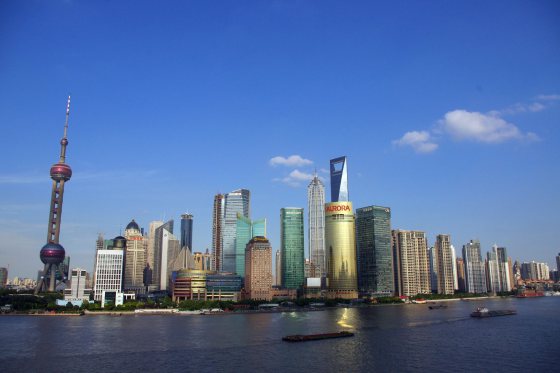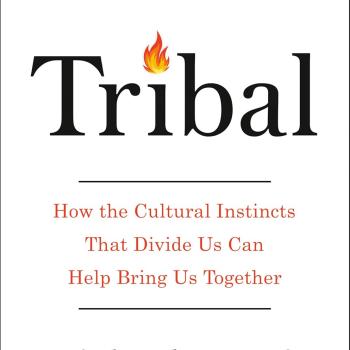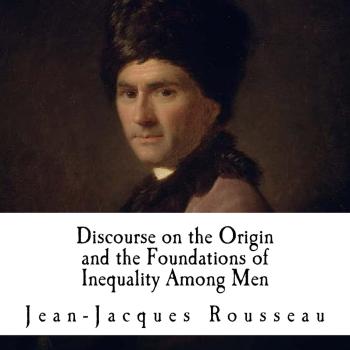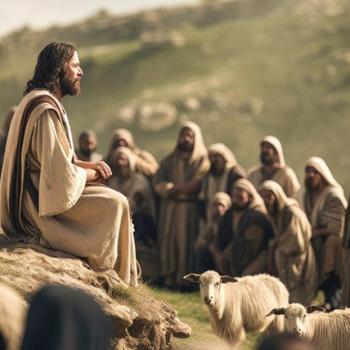I want to briefly illustrate the idea from my previous post. I suggested that it may be better for us to begin with the Babel story (rather than with Adam & Eve) when preaching the gospel.
The Babel account is especially meaningful for collectivistic, honor-shame cultures. Previously, I interpreted Genesis 11 and discussed issues of face and collective identity.
In this post, I’ll use a Chinese context simply for the sake of illustration. I encourage people to find similar explanations that draw from their own culture.

From a Chinese Perspective
Let me put this in a more “Chinese way.” I’ll include a number of idioms to benefit those in a Chinese context. I’ve discussed this at length elsewhere.
We tend to form factions. People attempt to use mianzi (“face”) to compensate for lack of lian (another word for “face”). However, this is impossible. Lian involves our character, our essential value as humans. Mianzi is superficial and transient. Furthermore, name and position “are as transient as fleeting clouds” (过眼云烟, guò yǎn yúnyān).
Sadly, people “would rather be a chicken’s head than a phoenix’s tail” (宁做鸡头, 不做凤尾; nìngzuò jītóu, búzuò fèngwěi). Accordingly, people boast in their various distinctives, like nationality, name, salary, traditions, titles, grades, etc.
Humans compete for a name. All the while, we forget the human family [人类大家庭] is broken. Particular subgroups (like nations, cities, clubs, etc) seem to have unity; however, it is simply superficial.
Mianzi is far inferior to lian.
So many people use relationships simply for personal benefit. The world is full of hypocrisy and lip service. Popular opinion controls us. We constantly think about how we compare with others. The world lacks righteousness love.
Essentially, we invade and colonize God’s kingdom.
We think, “This is my country. That is your country.” Or “This is my home. That is your home.” Wars and divorce are the marks of humanity’s lost lian.
How do we put it all together?
Because we reject God our Father-King, we alienate ourselves from other. We are not longer under his name; therefore, we have lost lian. Our lian is “lost irrevocably” (付之东流, fù zhī dōngliú).
Consequently, we are driven to find a sense of identity. People use relationships to pursue fame and wealth. We split into factions. These groups are called “country,” “culture,” “clan”, “ethnicity”, “company”, etc. On the surface, everything looks good. In reality, the human family “is scattered/separated from each other, each in a different corner of the world” (离散了,天各一方; lí sàn le, tiān gè yīfāng).
We try to preserve face, even at a high cost to others and ourselves. Despite our hard efforts, we are never satisfied.
Related articles




















